Introduction
Einführung
There are a variety of ways to ask questions in German. The easiest is the indirect method of simply making a statement with a rising intonation or a negative phrase at the end:
Du kommst heute Abend, nicht wahr?
You’re coming tonight, right?
The more appropriate and formal way though is the direct method which inverts the position of the main verb and the subject:
Kommst du heute Abend?
Are you coming tonight?
To ask if there is something or are somethings you can simply use the phrase Gibt es with the appropriate noun:
Gibt es ein DJ?
Is there a DJ?
For more questions the require a more specific answer beyond yes or no, you need to use the interrogative pronouns along with the direct subject-verb inversion method. These are generally very similar their English equivalents:
Wer ist der Gitarrist?
Who is the guitarist?
However, there are two major differences between German and English interrogatives. The first is that in German, to ask about a specific object among many you must Welcher (masculine, singular) or Welche (feminine and plural) the direct equivalents of “which”. Was is used to ask “what” in open question. In English technically this is the correct way too, but it is much more common to simply use “what” for both instead:
Welche Bands spielen?
What/which bands are playing?
Was ist der Name der Band?
What is the band’s name?
The second major difference is that German has two words equivalent to “where”. Wo is used for static locations much like the dative case for prepositions. Wohin is used to “to where” much like the accusative case:
Wo spielen sie?
Where are they playing?
Weisst Du wohin wir gehen?
Do you know where we are going?
Du kommst heute Abend, nicht wahr?
You’re coming tonight, right?
The more appropriate and formal way though is the direct method which inverts the position of the main verb and the subject:
Kommst du heute Abend?
Are you coming tonight?
To ask if there is something or are somethings you can simply use the phrase Gibt es with the appropriate noun:
Gibt es ein DJ?
Is there a DJ?
For more questions the require a more specific answer beyond yes or no, you need to use the interrogative pronouns along with the direct subject-verb inversion method. These are generally very similar their English equivalents:
Wer ist der Gitarrist?
Who is the guitarist?
However, there are two major differences between German and English interrogatives. The first is that in German, to ask about a specific object among many you must Welcher (masculine, singular) or Welche (feminine and plural) the direct equivalents of “which”. Was is used to ask “what” in open question. In English technically this is the correct way too, but it is much more common to simply use “what” for both instead:
Welche Bands spielen?
What/which bands are playing?
Was ist der Name der Band?
What is the band’s name?
The second major difference is that German has two words equivalent to “where”. Wo is used for static locations much like the dative case for prepositions. Wohin is used to “to where” much like the accusative case:
Wo spielen sie?
Where are they playing?
Weisst Du wohin wir gehen?
Do you know where we are going?









 French
French Spanish
Spanish English
English Italian
Italian Portuguese
Portuguese
Comments
Kommentare